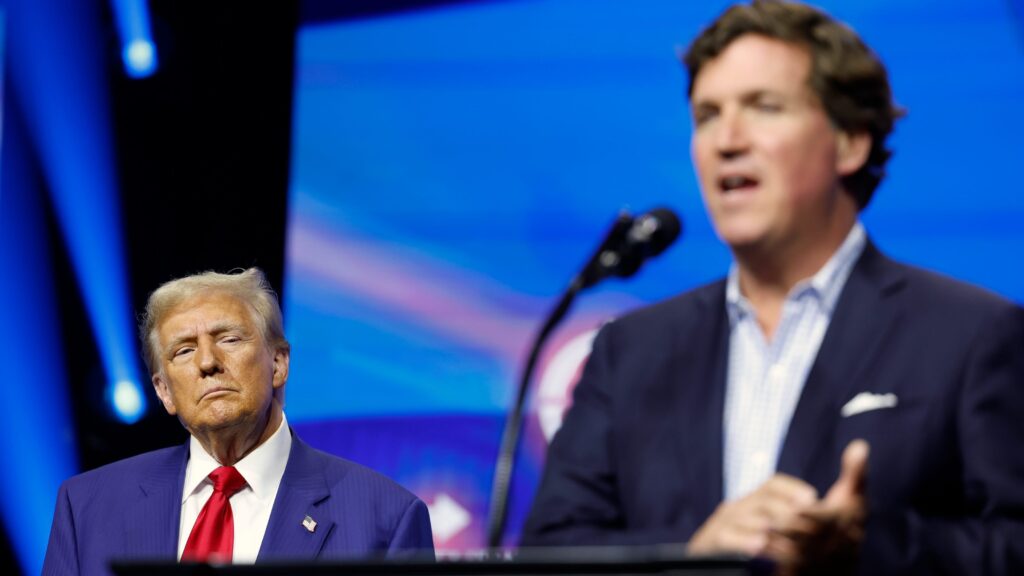In a dramatic turn of events, President Donald Trump and Tucker Carlson, former allies turned adversaries, are embroiled in a heated public feud following their fallout over Trump’s handling of the Iran-Israel conflict. Carlson criticized Trump, calling him “complicit in the act of war,” prompting a sharp response from Trump on Truth Social, where he disparaged Carlson. This rift, reminiscent of a recurring storyline, highlights the messy dynamics of friendship breakups, as noted by friendship experts.
The impact of this high-profile falling out extends beyond mere political differences, shedding light on the mental health toll of friendship breakups. With societal norms lacking clear guidelines for navigating such separations, hurt feelings often escalate into public feuds, with online platforms amplifying the conflict. Friendship expert Shasta Nelson emphasizes the need for respectful communication and vulnerability to deescalate hostile situations and foster reconciliation.
Despite the public animosity, there remains a glimmer of hope for reconciliation between Trump and Carlson. Recent statements from the White House suggest a potential thaw in relations, with Trump acknowledging Carlson’s apology and hinting at a possible reconciliation. As the saga unfolds, it serves as a compelling reminder of the complexities and emotional impact of friendship dynamics, urging a more thoughtful and empathetic approach to resolving conflicts.

